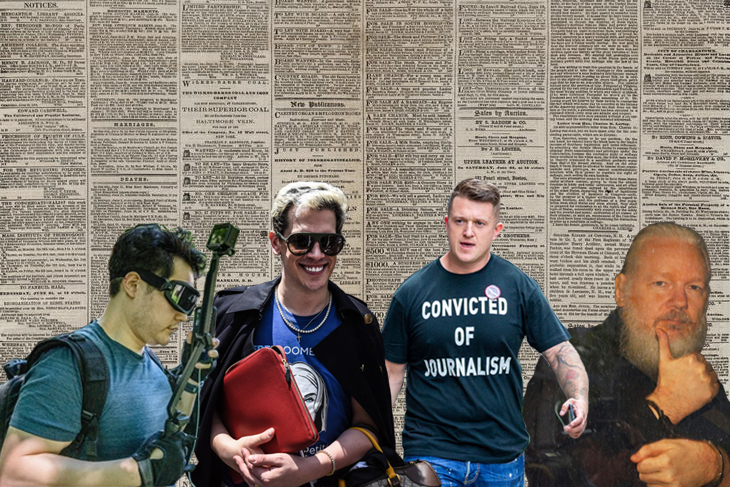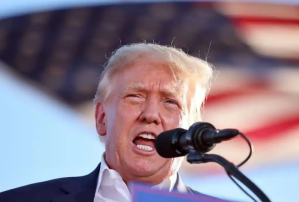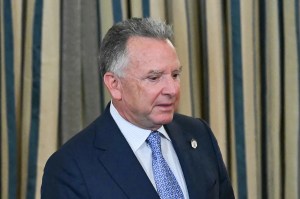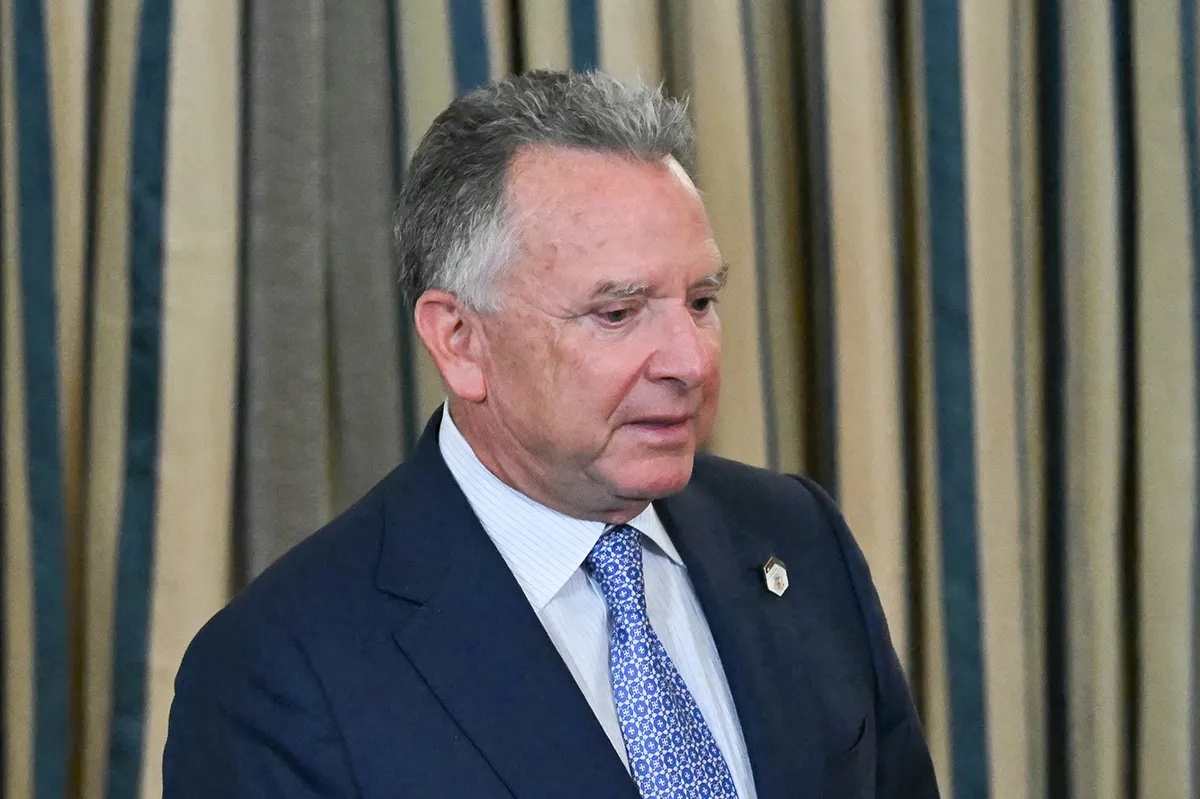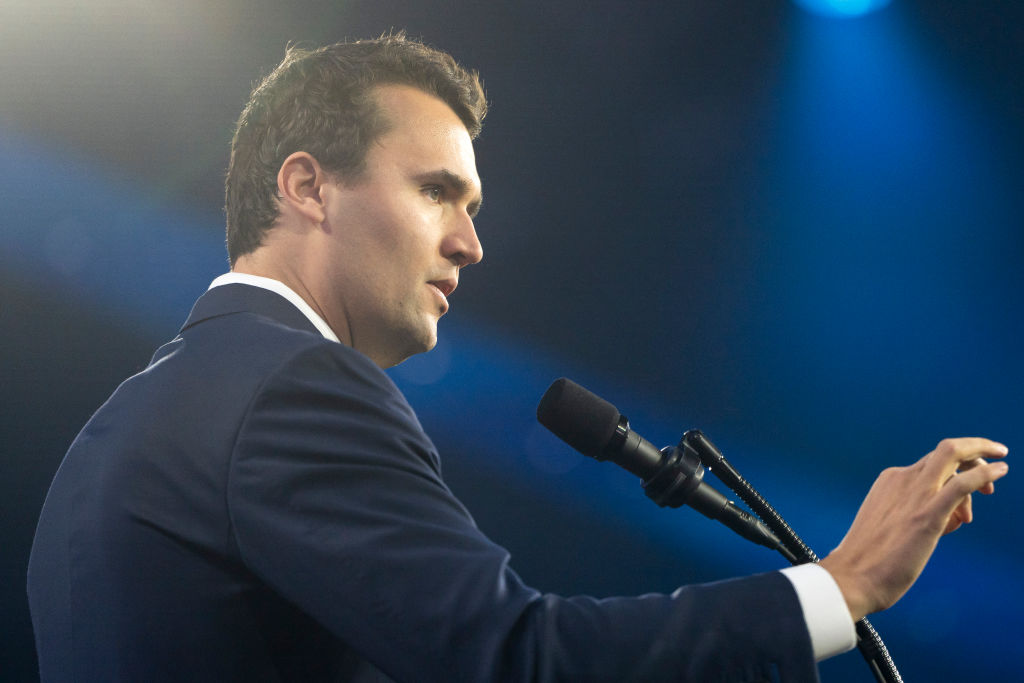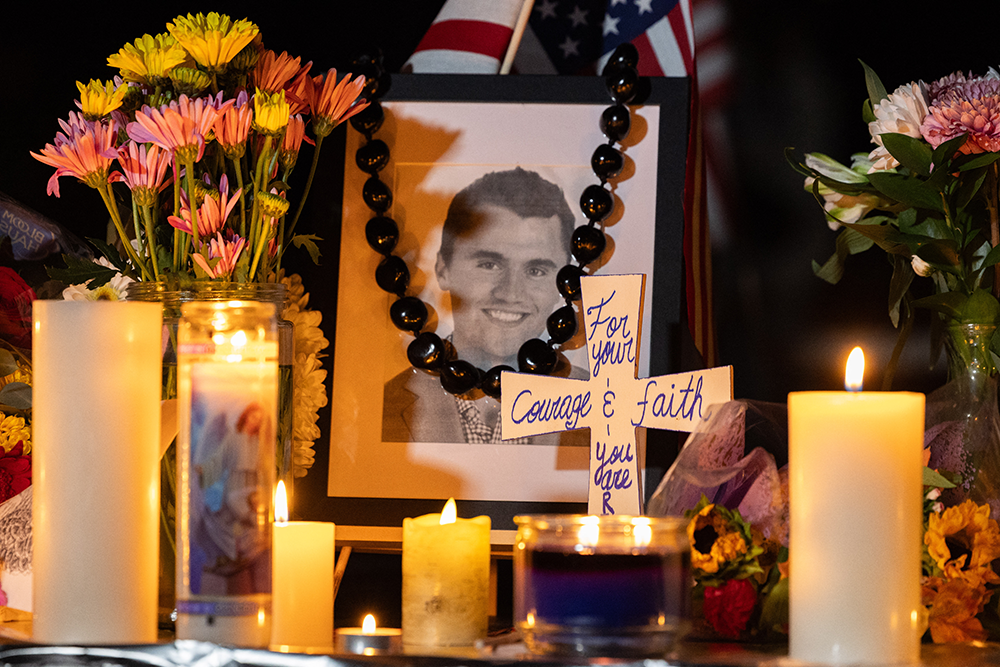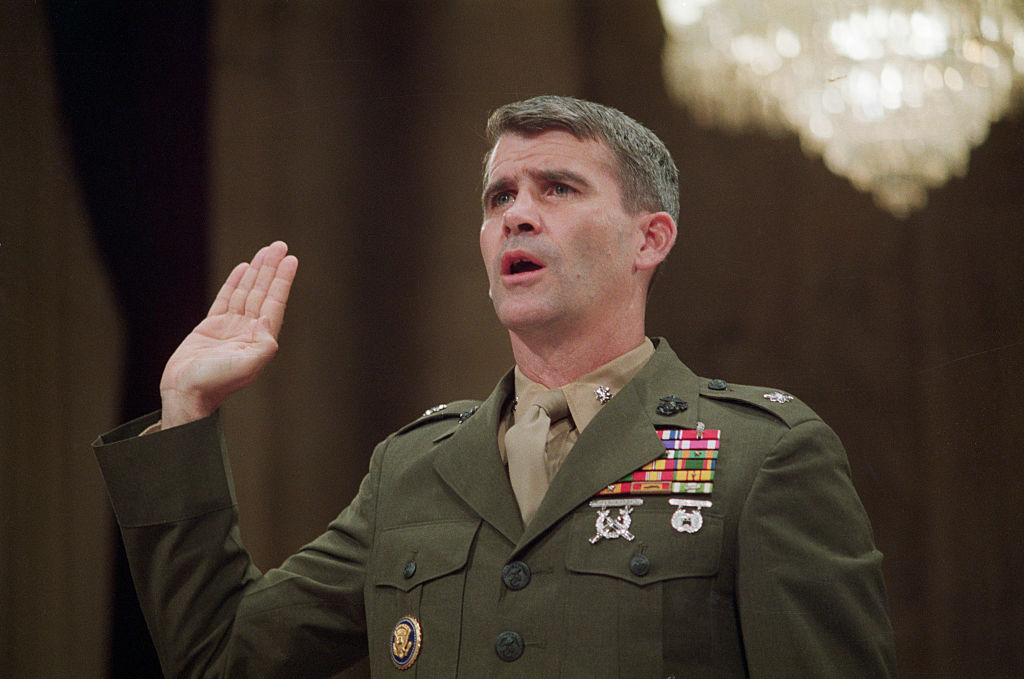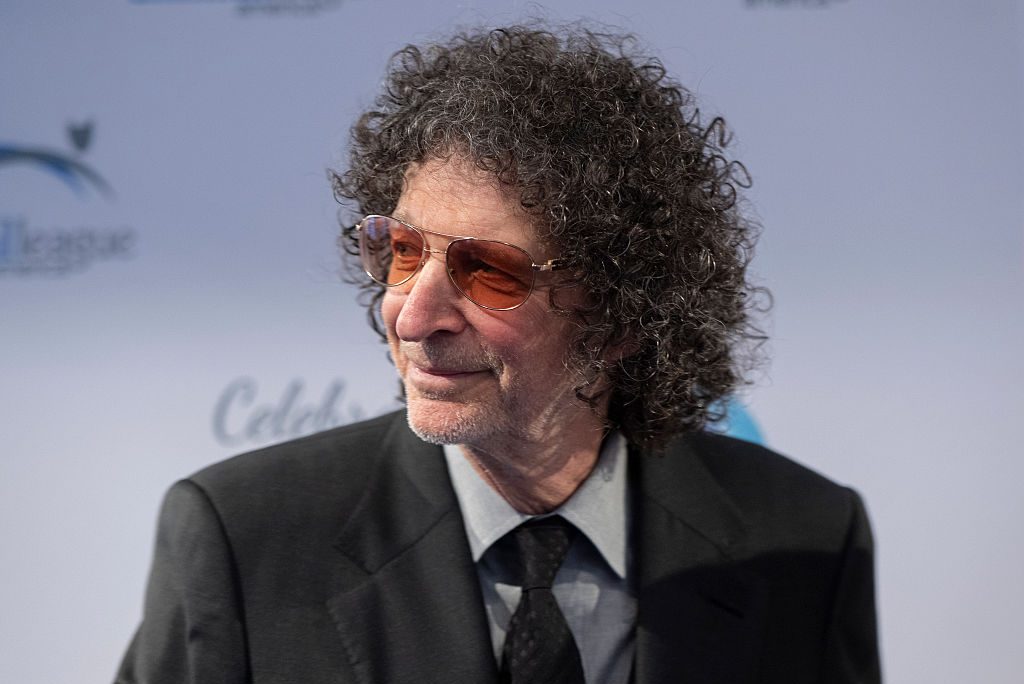As a young journalist in the mid-2000s, there was the occasional circumstance where I was asked to ‘prove it’: upon showing up to a news event I was covering, whoever ran check-in insisted that I show some press credentials. You know, those badges you see on episodes of Law & Order to denote that someone’s a reporter. (More often than not, the guest star probably holds it up and indignantly yells ‘Press!’ in order to enter a crime scene.) Working for a digital-first outlet – CNET Networks, later acquired by CBS – I never had anything like it except maybe business cards. To me, it seemed like an antiquated request; to the people checking my legitimacy, it was an obvious question. This was the last gasp of an era in which it was easy to discern who was a journalist and who wasn’t. Today, it’s murkier than ever.
Over the past month or so, we’ve seen the question ‘Who counts as a journalist?’ litigated and re-litigated. Members of the media, for example, sounded alarm over Wikileaks founder Julian Assange’s indictment under the Espionage Act because of the First Amendment implications the charges have, even though many of the same media professionals were strident Assange critics who in the past have insisted he was a chaos agent, not a journalist. When Andy Ngo, a Quillette editor, was physically assaulted by Antifa protesters in Portland, some of the people who insinuated that he deserved it justified it by saying that Ngo was a political agitator, not a journalist.
It goes on, and it gets messier: the Canadian Broadcasting Company, which is government-funded, published an editorial alleging that upstart media outlet the Post Millennial can’t be trusted – e.g. it doesn’t count as journalism – in part because of who its funders are. Propagandist Tommy Robinson recently went out in public wearing a T-shirt that said ‘CONVICTED OF JOURNALISM’ even though he had been found guilty of contempt of court, a charge most British court reporters easily dodge. Pro-Trump singer Joy Villa and former White House aide Sebastian Gorka, in attendance at this week’s White House’s social media summit (an event that seemed like it was straight out of a Christopher Guest movie) got into a spat with a Playboy reporter over the subject. Yes, we live in a world where the outlet standing up for the integrity of the media profession on the White House lawn is Playboy, which apparently some people really do read for the articles.
https://twitter.com/katierogers/status/1149438438996942849
There are two forces at play here. One, the growing suspicion of bias and inaccuracy in the media, which Donald Trump certainly stokes but did by no means create. Two, the fact that thanks to digital publishing, anyone can publish. Anyone can create a media outlet, theoretically. In fact, in the tech journalism world that I came from, many of the publications that were founded in the past 20 years were very proudly not founded by people with a journalism background and who were occasionally unafraid to flaunt the old rules of media ethics, from TechCrunch to Business Insider.
It gets even more complicated. Especially in our climate of media upheaval and mass layoffs, there are the people who used to be journalists – like me, for example. I haven’t been a writer full-time in nearly a decade (I work in advertising by day) but I nevertheless am regularly added to Twitter lists of ‘tech reporters’ and whatnot. And some people who have gone far down the path of becoming partisan propagandists did legitimately start out as news reporters for established media outlets; flamboyant commentator and alt-right icon Milo Yiannopoulos, for example, used to be a run-of-the-mill tech reporter of the same vintage as myself. He and I covered some of the same news events. As some of our peers have attested, the fact that he evolved into an extremist figure took us by surprise and we largely didn’t see it coming.
If you’re trying to insist someone isn’t a journalist, your best bet is to call them a ‘provocateur’: to suggest they’re an attention-seeking partisan who’s more interested in what’s inflammatory than what’s true. In Yiannopoulos’s case, the epithet is pretty unequivocally fitting at this point. In Andy Ngo’s case, the jury’s still out. He’s broken news and changed the tide of national commentary on issues of political activism. Does that not count as journalism?
Part of the problem is that many of us are still clinging to a mindset in which the ‘journalist’ is hailed as an ideal without prejudice or bias. I still feel somewhat beholden to maintaining a degree of this; though I’m not a full-time journalist and my penchant for political snark is readily available on Twitter, because I write regularly for this outlet and it touches upon the realm of politics, I have chosen to not make any donations to political candidates in this election cycle. (My bank account thanks me.) But recently my friend Drew Curtis, founder of humorous news aggregator Fark.com (which famously popularized the ‘Florida man’ headline), reminded me that our conception of allegedly unbiased news is a myopic one. American newspapers of yore weren’t published in the name of a free press; they were propaganda arms of major political parties. The idea of an unbiased, agenda-free press is one with few roots deeper than the mass media of the mid-20th century.
At the core of the debate is whether journalists are supposedly owed something that the rest of the population isn’t. If you’re a reporter showing up to a protest in the name of covering it, sure, you should have the right to not be socked in the face (or worse). But in an ideal world, shouldn’t we all be afforded that same dignity? Unfortunately, things aren’t trending that way.



